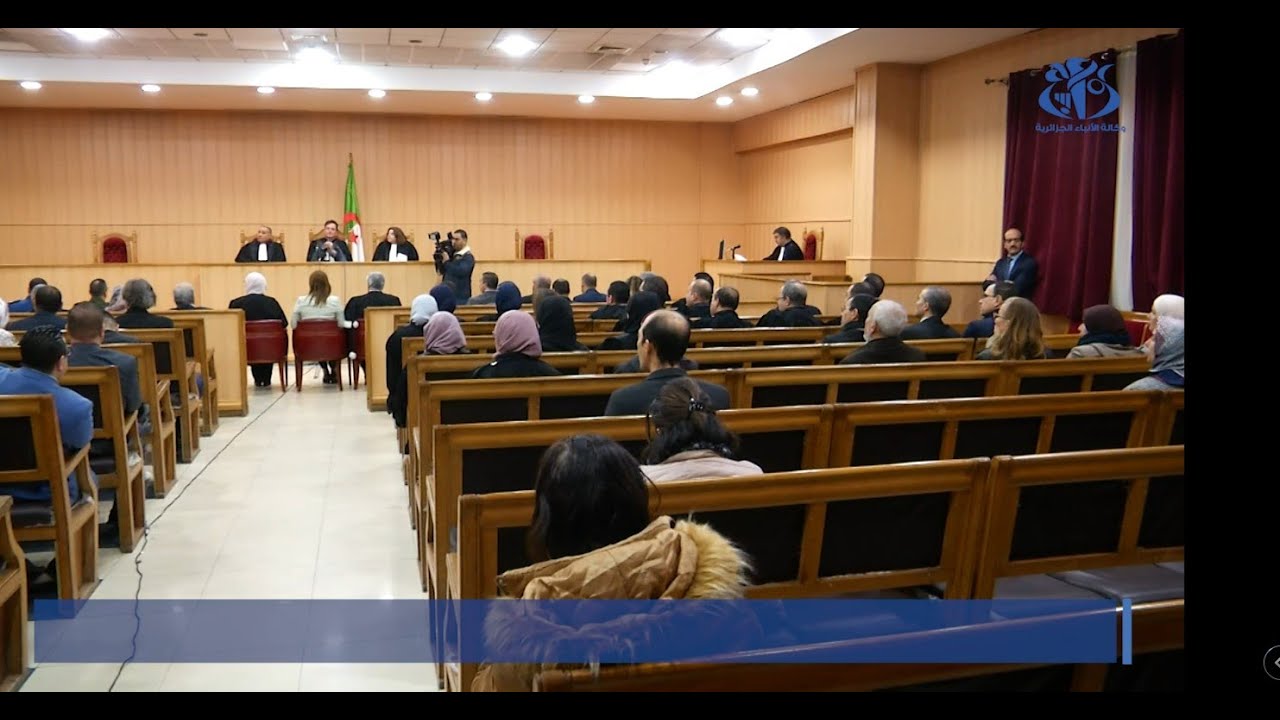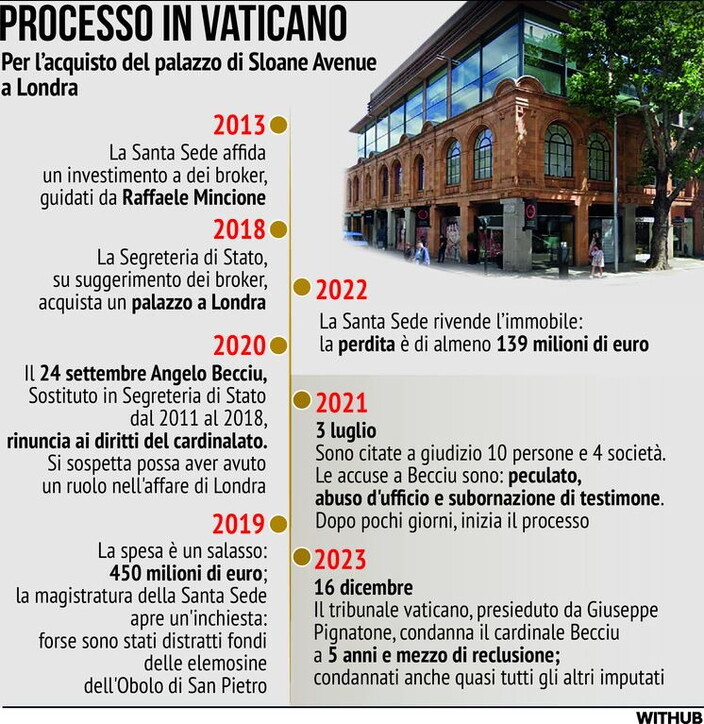CDU/CSU And SPD Enter Coalition Negotiations: Key Issues And Potential Outcomes

Table of Contents
Key Policy Differences Between CDU/CSU and SPD
The CDU/CSU and SPD, while both center-right and center-left parties respectively, hold distinct viewpoints on several key policy areas. These differences will be central to the success or failure of the CDU/CSU and SPD coalition talks.
Economic Policy
The CDU/CSU and SPD diverge significantly in their economic philosophies. The CDU/CSU generally favors a more market-oriented approach, emphasizing fiscal conservatism, debt reduction, and tax cuts for businesses to stimulate economic growth. They often highlight the importance of a competitive social market economy. The SPD, conversely, prioritizes social welfare and increased investment in public services and infrastructure, arguing that this approach fosters a more equitable and sustainable economic system.
- CDU/CSU: Tax cuts for businesses, reduced government spending, focus on economic competitiveness.
- SPD: Increased investment in social programs (healthcare, education), higher taxes on higher earners, significant infrastructure projects funded by government borrowing.
- Key difference: The core debate centers around the appropriate balance between fiscal austerity and social spending within the framework of a social market economy. This is a major sticking point for a successful CDU/CSU and SPD coalition.
Climate Change and Environmental Policy
The CDU/CSU and SPD also differ substantially in their approaches to climate change and environmental protection. While both acknowledge the need for climate action, their proposed timelines and approaches differ considerably. The CDU/CSU advocates for a more gradual transition to renewable energy sources, prioritizing economic considerations alongside environmental protection. The SPD, however, pushes for more ambitious emissions reduction targets and a faster shift towards a climate-neutral economy.
- CDU/CSU: Gradual phase-out of coal, investment in renewable energies, focus on technological solutions.
- SPD: Faster phase-out of coal, ambitious renewable energy targets (e.g., 100% renewable electricity by 2035), stricter environmental regulations.
- Key difference: Reaching a consensus on ambitious yet economically feasible climate neutrality targets is critical for a successful CDU/CSU and SPD coalition.
Migration and Integration Policy
Immigration and refugee integration remain highly sensitive issues in Germany, resulting in stark contrasts between the CDU/CSU and SPD’s stances. The CDU/CSU generally favors stricter border controls and a more restrictive immigration policy, emphasizing the need for better integration programs for existing immigrants. The SPD, on the other hand, advocates for a more welcoming approach towards refugees and asylum seekers, emphasizing the importance of comprehensive integration support programs.
- CDU/CSU: Stricter border controls, more stringent asylum procedures, emphasis on integration programs for those already in the country.
- SPD: More open approach to asylum seekers, increased funding for refugee integration programs, focus on welcoming refugees and promoting societal cohesion.
- Key difference: Finding common ground on balancing security concerns with humanitarian obligations will be a significant challenge in the CDU/CSU and SPD coalition negotiations.
Potential Coalition Agreement Outcomes
The success of the CDU/CSU and SPD coalition hinges on their ability to navigate significant policy differences and find common ground.
Grand Coalition Scenarios
Several scenarios could emerge from the coalition negotiations. A grand coalition might involve compromises on various policy issues. For example, the final climate policy may include less ambitious targets than the SPD desires, but with substantial investments in renewable energy infrastructure, satisfying a key CDU/CSU concern. Similarly, compromises might involve a middle ground on immigration policy, combining stricter border controls with enhanced integration programs. The distribution of cabinet positions will also be a key factor in determining the power dynamics within the coalition government.
Challenges and Roadblocks
Reaching a coalition agreement will not be easy. Potential roadblocks include:
- Negotiation Deadlock: Significant policy disagreements could lead to protracted negotiations and a potential failure to form a coalition.
- Internal Party Divisions: Both the CDU/CSU and SPD have internal factions with differing views, which could hinder the negotiation process.
- Public Opinion: Public dissatisfaction with any potential compromise could weaken the coalition’s legitimacy and effectiveness.
Impact on German and European Politics
The outcome of the CDU/CSU and SPD coalition negotiations will have significant ramifications for Germany's domestic and foreign policies. A stable and cohesive coalition could strengthen Germany's role within the European Union, enabling it to play a more assertive role in shaping European policy. Conversely, a weak or fractured coalition could weaken Germany's influence both domestically and internationally, potentially impacting economic stability and foreign relations.
Conclusion: CDU/CSU and SPD Coalition Negotiations: Looking Ahead
The CDU/CSU and SPD coalition negotiations represent a critical juncture for German politics. The significant policy differences between these two major parties highlight the challenges in forming a stable and effective government. The potential outcomes range from a strong coalition capable of driving ambitious reforms to a fragile alliance struggling with internal divisions and policy gridlock. The success or failure of these negotiations will have profound implications for Germany's future, influencing its domestic policies, its role in the European Union, and its standing on the world stage. Stay tuned for updates on the evolving CDU/CSU and SPD coalition negotiations and their impact on Germany's future.

Featured Posts
-
 Astratyjyt Alteawn Ltezyz Slslth Almmyzt Fy Mwajht Alshbab
May 01, 2025
Astratyjyt Alteawn Ltezyz Slslth Almmyzt Fy Mwajht Alshbab
May 01, 2025 -
 Hkm Qdayy Yudyn Ryys Shbab Bn Jryr Aljrymt W Aleqwbt
May 01, 2025
Hkm Qdayy Yudyn Ryys Shbab Bn Jryr Aljrymt W Aleqwbt
May 01, 2025 -
 Frances Rugby Triumph Duponts 11 Point Masterclass Against Italy
May 01, 2025
Frances Rugby Triumph Duponts 11 Point Masterclass Against Italy
May 01, 2025 -
 Rugby World Cup Dupont Leads France To Victory Against Italy
May 01, 2025
Rugby World Cup Dupont Leads France To Victory Against Italy
May 01, 2025 -
 Il 22 Settembre Inizia L Appello Nel Processo Becciu
May 01, 2025
Il 22 Settembre Inizia L Appello Nel Processo Becciu
May 01, 2025
